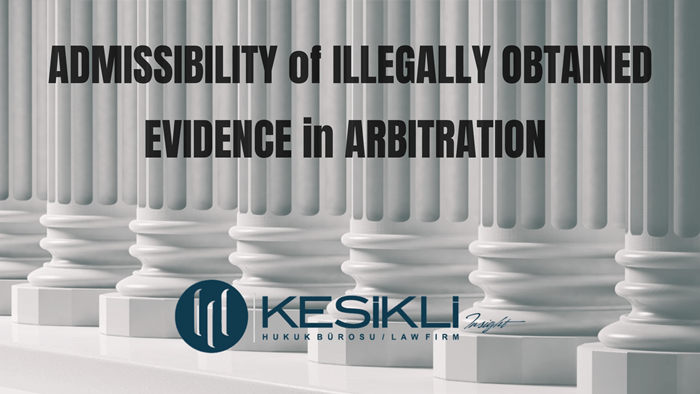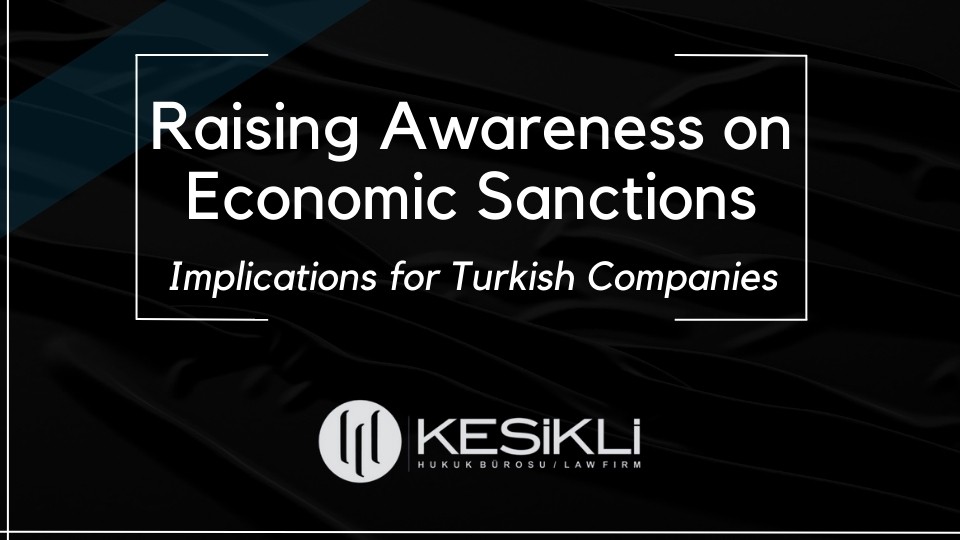Artificial Intelligence (AI) is rapidly transforming the legal landscape, including arbitration practice. As AI tools become more sophisticated, they are increasingly being used for legal research, document review, and even drafting submissions. However, this growing reliance on AI has sparked a contentious debate: Should arbitrators and counsels be required to disclose their use of AI?
While some institutions and jurisdictions have introduced disclosure requirements, I remain skeptical as to whether disclosure alone is a meaningful solution. Instead, I believe that monitoring the decisions and decision-making processes of arbitrators could be a more effective safeguard against potential risks associated with AI. Additionally, I find it difficult to understand why counsels should be subject to AI disclosure requirements when their primary duty is to provide competent legal representation, regardless of the tools they use.
The State of AI Regulation in Arbitration
Different jurisdictions and institutions have taken varying approaches to AI use in arbitration:
- Institutional Guidelines: The Silicon Valley Arbitration & Mediation Center (SVAMC) issued guidelines suggesting that AI use should not require mandatory disclosure but should be evaluated on a case-by-case basis, especially concerning due process and privilege considerations. On the other hand, the Arbitration Institute of the Stockholm Chamber of Commerce (SCC) encourages arbitrators to disclose their AI use to maintain procedural integrity.
- Jurisdictional Approaches: Some courts, particularly in the United States and Canada, have imposed disclosure obligations on legal practitioners. Courts in Texas, Pennsylvania, Manitoba, and Yukon require lawyers to disclose when they have used AI in drafting legal documents, emphasizing accuracy verification.
- Practitioner Views: The broader legal community acknowledges that AI enhances efficiency but warns against over-reliance. AI-generated outputs are not always reliable, and human oversight remains essential to ensuring quality and fairness in legal proceedings.
Does AI Disclosure Solve Anything?
The primary argument for disclosure is transparency—ensuring that all parties are aware of AI’s role in arbitration. However, I question whether transparency in AI usage translates to fairness in decision-making.
- Why Should Arbitrators Disclose AI Use?
- Why Are Counsels Required to Disclose AI Use?
The Real Solution: Monitoring Decision-Making, Not AI Disclosure
Rather than imposing rigid disclosure requirements, institutions and parties should focus on monitoring arbitrators’ reasoning and decision-making processes. The key questions should be:
- Did the arbitrator independently assess the facts and arguments, or did they uncritically adopt an AI-generated conclusion?
- Did AI influence the outcome in a way that compromises fairness or due process?
A structured peer review or appellate scrutiny mechanism could be a more effective way to ensure fairness rather than forcing arbitrators to disclose whether they used AI for minor tasks like organizing notes or summarizing legal precedents.
Conclusion: AI as a Tool, Not a Decision-Maker
AI is a tool, not a replacement for human judgment. While AI can enhance efficiency in arbitration, the focus should be on ensuring fair, well-reasoned decisions rather than mandating unnecessary disclosures. If arbitrators are making flawed decisions, the problem is not the AI but the arbitrator’s judgment. Similarly, if lawyers are making strong legal arguments, it is irrelevant whether they used AI in the process.
The legal profession must adapt to AI without overregulating its use. Instead of focusing on disclosure, institutions and jurisdictions should prioritize monitoring the quality and fairness of decisions made by arbitrators and practitioners.
@Dr. Ömer KESİKLİ
Let's Get Connected!



